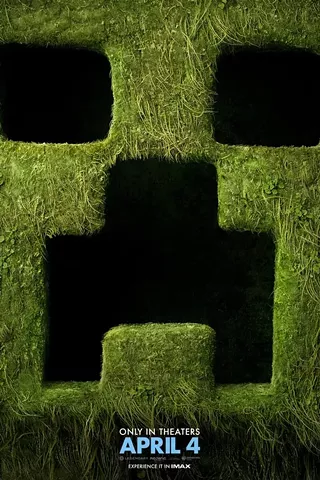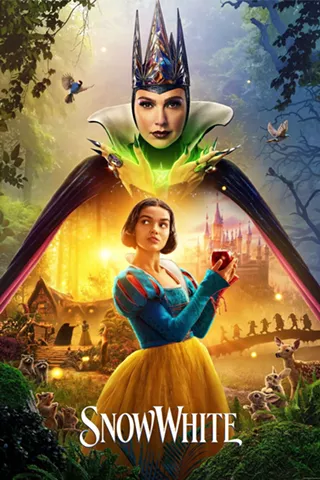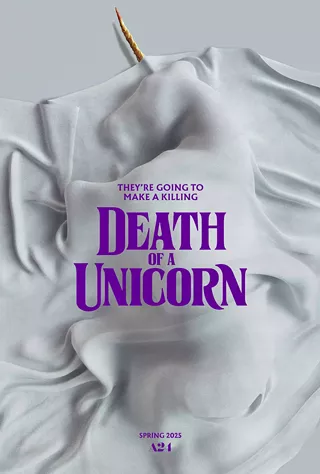The Horse Boy is a documentary about Rowan, a 5-year-old boy with severe autism-related behavioral problems. His father, Rupert Isaacson, is a journalist and human-rights activist who loves horses.
One day, young Rowan wanders over to a neighbor's stable and starts hugging a horse. Rupert is amazed to see that Rowan's behavioral problems vanish when the boy is near the horse, so he does what any father would do: He arranges to take Rowan to Mongolia to meet horse-riding shamans so they can perform magical healing rituals.
If I listed my favorite things, that list would not include the torture of innocents, people who think being angry makes them right, and heartfelt movies about troubled children who are healed by horses. So I walked into this film with my expectations lowered to the point where they were able to see eye to eye with Karl Rove's ethical sensibility. And yet, this was an intensely engaging film that failed to be preachy or naively new-age. In fact, there's almost no excess sentimentality or schmaltz, and the subjects—Rupert Isaacson and his wife, Kristin Neff—keep things from getting too credulous. Instead, it's a jarring story about how difficult it can be to raise a child like Rowan.
The couple spent seven years traveling the globe prior to Rowan's birth. During that time, Neff got her Ph.D. and then began to work as a professor of psychology. The fact that she understands some basics of informal logic helps keep the movie from bogging down in quackery, and provides a nice balance to Isaacson, who's more eager to believe that shamanic healing can help their son. Ultimately, the film makes no clear statement on whether the shamans did help, though it does claim that Rowan improved after meeting them. But Neff's refusal to conflate correlation with causation, and her openness to the possibility that the shamans were the cause of her son's improvement, makes for exactly the kind of agnosticism that a film of this sort needs.
While Horse Boy's intelligence is a plus, what makes it engaging is the way it illustrates, without pity, the difficulty that Neff and Isaacson face in raising Rowan. He has tantrums that last for hours; he can't relate to other children; and he refuses to use a toilet, so they must clean his feces-filled trousers every day. In one of the best scenes, while the family is riding on the Mongolian plains, Rowan has an explosive-underpants event and then falls into one of his many screaming fits. Isaacson and Neff are wrestling with Rowan to try to get him cleaned up, and Isaacson, clearly frustrated, shouts at filmmaker Michel Scott, "Turn off the camera, and come give us a hand!" While I've seen other movies break the fourth wall like that, Horse Boy is the only movie I've ever seen that breaks the fourth wall and then asks the fourth wall to come clean up some poop.
It's also surprising that this is Scott's first film. It's constructed so that it forms a neat narrative arc, but it does so without being simply linear; the story jumps back and forth from Mongolia to Rowan's life in Texas, using the American scenes to illustrate Rowan's character. It's also beautifully shot, but here, Scott is helped by a Mongolian landscape that's as desolate and photogenic as a coke-addicted fashion model.
The visuals help overcome one of the difficulties of the film—the fact that Rowan is nearly impossible to relate to. While he seems to have a St. Francis-like ability to communicate with animals (there are scenes of him playing with goats and rabbits and horses, touching their mouths and getting close to them in a way that would normally earn a 5-year-old a serious bite or scratch), he often has no capacity to connect to people. But as the film progresses, Rowan starts to find his way to others. In one of the weirdest and most touching scenes, Rowan is introduced to the great shaman of the reindeer people. Afterward, as his parents carry him off to their tent, Rowan starts to have one of his fits, but instead of wanting to be left alone, this time he shouts, "I want shaman! I want shaman!" Which is not the sort of thing most 5-year-olds shout when they object to being put to bed.
In the end, Horse Boy is never dull—and is far more intelligent than most films of its ilk—as it provides an open-minded look at a meeting of two cultures. The film lets the Mongolians come forth as thoughtful and humane, but still allows their differences from the Western family and film crew to stand out. The Horse Boy has exactly the attitude a documentary should have—documenting instead of editorializing—and it does so with a storyteller's skill and a photographer's eye for the odd, interesting and beautiful.















